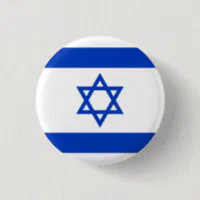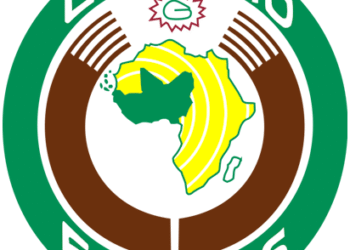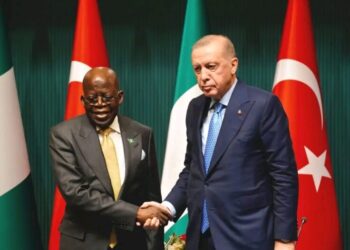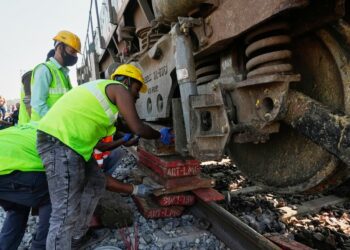Israeli warplanes struck at least 300 sites across Lebanon on Monday in an exceptionally fierce bombardment targeting the militant group Hezbollah.
Lebanon’s health ministry said the strikes had killed at least 100 people and injured more than 400, as rapidly accelerating violence brought the two sides ever closer to all-out war.
Hezbollah, which is backed by Iran, fired dozens of rockets and drones into northern Israel, setting off air-raid sirens in the city of Tzfat and around the Sea of Galilee, a day after its deputy chief pledged to continue attacking until Israel ended its military campaign in Gaza.
Israeli leaders, for their part, have announced “a new stage” of the war intended to stop Hezbollah from firing at Israeli border communities.
The Israeli strikes on Monday were preceded by what Lebanese authorities called “a large number” of automated messages sent to residents of Beirut, the capital, and other regions warning them to evacuate areas where Hezbollah had hidden weapons.
The Israeli military published a map showing 19 villages and towns in southern Lebanon but did not say which, if any, would be targeted.
Ziad Makary, the Lebanese information minister, whose office received an evacuation message, called them a form of “psychological warfare” by Israel.
The strikes were Israel’s latest attempt to break Hezbollah, following clandestine operations last week that blew up the militia’s wireless devices, killing 37 people and wounding thousands, as well as a rare strike on Beirut on Friday that destroyed a building where senior Hezbollah commanders were meeting.
But the surging attacks on Monday reflected Israel’s failure to force Hezbollah to back down, at least for the time being.
Hezbollah enacted its own escalation over the weekend, firing a barrage of missiles on Sunday morning that hit areas roughly 30 miles south of the Lebanese border with Israel, its deepest strikes since the start of the war last October.
Lebanon’s health ministry has ordered all hospitals in southern Lebanon, along with some in the country’s east, to suspend all elective surgeries.
The instruction indicates that they anticipate the surge in violence will lead to a large number of wounded.
Schools remained shuttered in many parts of northern Israel, including in major cities like Haifa and Nahariya, as communities braced for repeated rocket fire from Lebanon.
The Israeli military ordered wide-ranging restrictions on gatherings across the area over the weekend, saying only businesses close enough to fortified shelters were permitted to open.
Hezbollah began firing at Israeli troops shortly after Hamas attacked Israel on Oct. 7, attempting to show support for its Palestinian ally without starting its own all-out conflict.
Israel responded with missiles and artillery fire, leading to regular exchanges of missiles and rockets, the evacuation of roughly 150,000 people on both sides of the border, and widespread damage in the border areas.
(New York Times/vitalnewsngr.com)



















